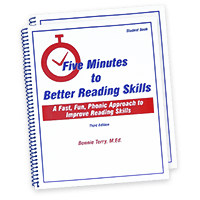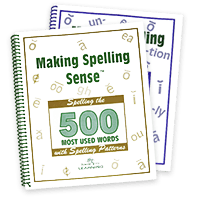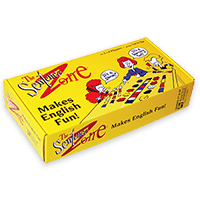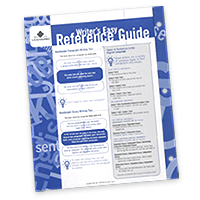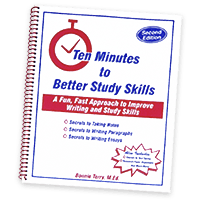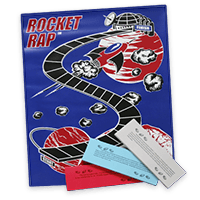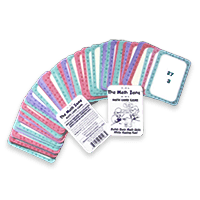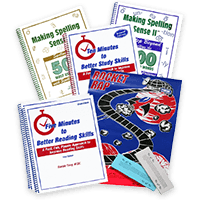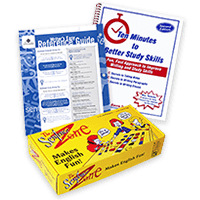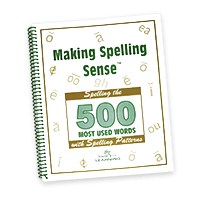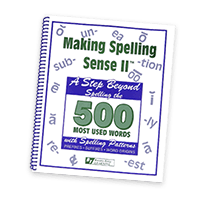Reading Problems, Dyslexia, Difficulties, or Deficits and Rapid Naming, What is the Connection?
May 23rd, 2008Remember, learning to read isn’t ‘rocket science’ but there is a lot going on when you read. Two of the processes happening at any given moment involved with reading difficulties are related.
Two Separate Processes
One is the phoneme awareness and the other is the ability to rapidly name objects, numbers, letters, and colors automatically. Wolf (1999) states that when a poor reader has difficulty with both phoneme awareness and rapid naming they tend to be at the lowest end of the reading continuum. Wolf goes on to state that some people with dyslexia have difficulty rapidly processing just visual language and others have difficulties rapidly processing several kinds of information. There may also be a connection with the processing of sounds more slowly than the average person that contributes to the difficulty with rapid naming.
Reading Problems, Dyslexia, or Learning Disabilities In Older Children and Adults What Should I Do?
Deficits in rapid naming may persist into later childhood and early adulthood (Wolf, 1986; Snyder & Downey, 1995; Korhonen, 1995). Those with deficits in rapid naming also had deficits in reading and spelling that persisted into adulthood.
High Success Rates for Improving Reading, Dyslexia, and Learning Disabilities.
Dr. Penny Chiappe (2002) states that although sensory-motor training has been found to enhance sensory-motor skills, it has not shown any effect on literacy skills. She goes on to state that programs focusing on phonological awareness, coupled with systematic, explicit phonics instruction, structural analysis of words, spelling, and comprehension strategies have higher success rates for improving reading, dyslexia, and learning disabilities.
Bonnie Terry, M. Ed., BCET













